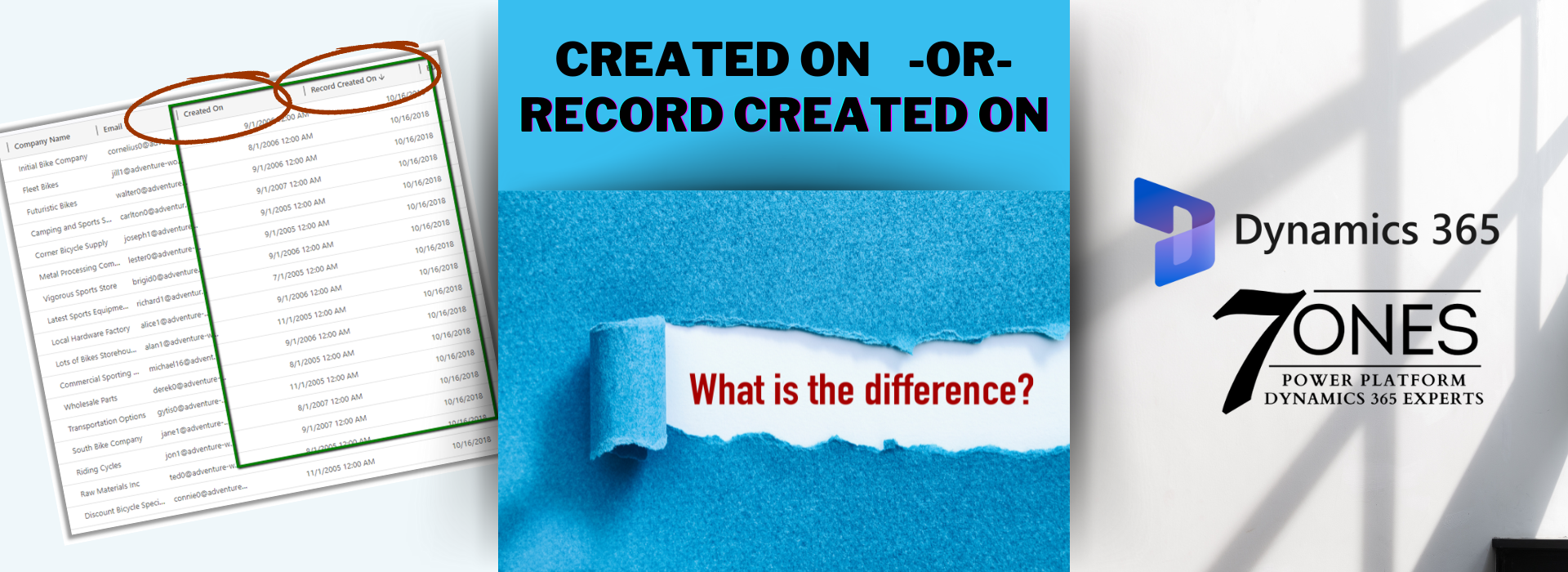
A recent experience has caused me to reflect on who we really buy from and why. I have been in the sales profession for over 30 years (which frightens me to admit) and have learned many important lessons over the years. I think I know a lot about sales but was recently reminded that we can all continue to learn.
You may be familiar with how challenging it is to get work done on your house during this time of tight-skilled worker availability. I am in that boat as I need to complete some home renovations. I requested some estimates, and one company reminded me of the value of establishing customer relationships. They were very assertive that all influencers be present. The gentleman arrived, did a quick measurement, and then launched into a long PowerPoint presentation. He spent a good amount of time trashing his competitors, and no time determining what we really wanted.
Then to really add insult to injury, his quote was 4X what I expected. He offered a 2% discount if I would sign right now and put up a yard sign.
My point is that following some very basic sales 101 steps would have saved us all time and energy. I asked for a budget range before booking an in-person meeting and this was refused. It is fair and appropriate to be sure both sides agree on budget.
I asked about specific product offerings and was told they could provide what I wanted. The salesperson said something completely different.
A salesperson who is only focused on pushing the sale and not on solving customer problems or offering a needed product will not have long-term success, and a company that follows this strategy is not building customer loyalty.
How Could a CRM Help?
A CRM, or customer relationship management, is the best way to be more efficient and increase sales, no matter what line of business you’re in. Use your CRM to set up steps and reminders for yourself and your teams to know your customers. Learn how they want to engage with you and track those activities in your CRM. Ask questions to understand the customer’s budget. If you can’t meet that budget, say so. Track that in your CRM to learn if your marketing targets or pricing needs to change. I often hear, “The software won’t let me…” or “The system makes me…” Your CRM is a tool. Use it to capture data, deliver dashboards, KPIs and reports, and to give you reminders that help YOU become a real person to your customers.
We buy from people we trust, from people who show us that they want to solve our problems. We buy through relationships.
Want to know how to optimize Microsoft Dynamics 365 CRM for your business?

‘Record Created On’ vs ‘Created On’ date fields??

Microsoft Field Service and Microsoft Project Operations. Two similar solutions, or are they?

Mastering Dynamics 365 Sales User Adoption: Empowering Your Sales Team for Success

Dynamics CRM Migration from On Premise to the Cloud

Setting up Users in Dynamics 365 Sales
The Sales Process in Dynamics 365 Sales

Top 7 Dynamics 365 Customer Success Strategies
